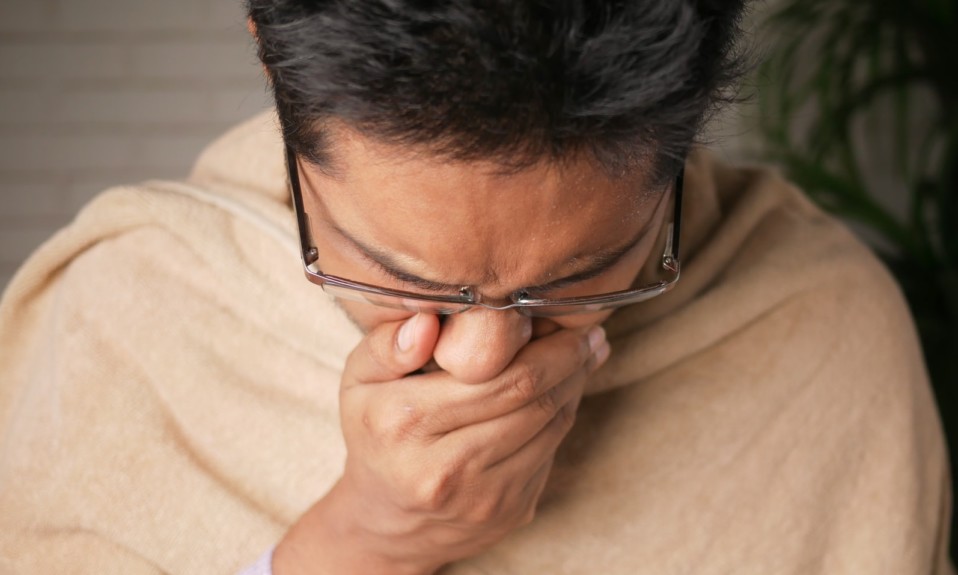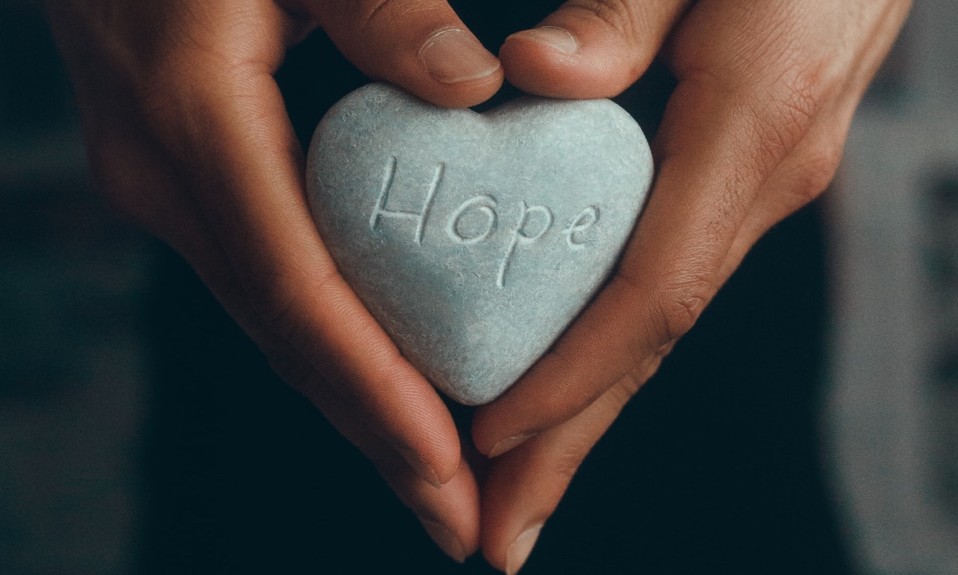Plus: Buprenorphine’s positive effect in prisons, and life beyond active addiction
By William Wagner
If you’re someone who vapes and has COVID-19, you have a greater chance of developing symptoms from the illness. It’s just one more reason to avoid vaping (and if you’re a regular reader of this space, you’ve seen that there are many).
We also spotlight how buprenorphine has helped prison inmates with opioid use disorder (OUD) get their lives back on track, and reasons to believe recovery from addiction is entirely possible.
From the Journal of Primary Care & Community Health:
Vaping and COVID
New research out of the Mayo Clinic indicates that people who vape are at a higher risk of experiencing symptoms if they’re stricken with COVID. Those symptoms include chest pain, muscle aches, nausea and vomiting, diarrhea, loss of the sense of taste or smell, and labored breathing.
“The study was designed to compare the frequency of common COVID-19 symptoms … in COVID patients who vaped compared with those who were not vapers,” David McFadden, MD, a Mayo Clinic internist and the study’s first author, said in a news release. “We interviewed more than 280 COVID-positive vapers and compared them with 1,445 COVID-positive people of the same age and gender, and who don’t vape. All of these common COVID symptoms were reported more frequently among people who vape.”
The Mayo research adds another layer to findings in recent years about the harmfulness of vaping. “There are a lot of studies that have shown that e-cigarette use may be associated with inflammation in the lungs and also may cause severe lung injury in certain users, causing a condition called e-cigarette or vaping use-associated lung injury,” said Robert Vassallo, MD, a Mayo Clinic pulmonologist and critical care specialist, and co-author of the study. “Our research was not designed to test whether e-cigarette use increases the risk of acquiring COVID infection, but it clearly indicates that symptom burden in patients with COVID-19 who vape is greater than in those who do not vape.”
From Drug and Alcohol Dependence:
The Benefits of Jailhouse Buprenorphine
Buprenorphine, a medication used to treat OUD, can pay particular dividends for the prison population. According to a study conducted by the Justice Community Opioid Innovation Network (JCOIN) at two Massachusetts prisons, inmates with OUD who were administered buprenorphine were more inclined to get their lives in order following their release. The study found a 32% reduction in probation violations, return to prison or criminal charges for those who were given buprenorphine versus those who weren’t.
“Studies like this provide much-needed evidence and momentum for jails and prisons to better enable the treatment, education and support systems that individuals with an opioid use disorder need to help them recover and prevent reincarceration.”
—Nora Volkow, director, NIDA
The study’s results support a recent push by proponents of providing medication-assisted treatment (MAT) to inmates suffering from addiction. “Studies like this provide much-needed evidence and momentum for jails and prisons to better enable the treatment, education and support systems that individuals with an opioid use disorder need to help them recover and prevent reincarceration,” said Nora Volkow, MD, director of the National Institute on Drug Abuse (NIDA), which funded the study. “Not offering treatment to people with opioid use disorder in jails and prisons can have devastating consequences, including a return to use and heightened risk of overdose and death after release.”
From STAT:
There Is Life after Active Addiction
These are especially tough times on the addiction front, with overdose fatalities in the U.S. reaching a record level. But it’s not all doom and gloom. In an opinion piece for STAT, David Eddie, PhD, and John Kelly, PhD—two of the most respected scientists in the addiction treatment field—say there is reason for hope.
Why the optimism? Because their recent research suggests that addiction is a highly treatable disease. They write, “[O]ur recent study shows that in spite of numerous legal and social barriers, most individuals in addiction recovery go on to rejoin society and contribute to it in numerous meaningful ways.”
Photo: Towfiqu Barbhuiya














